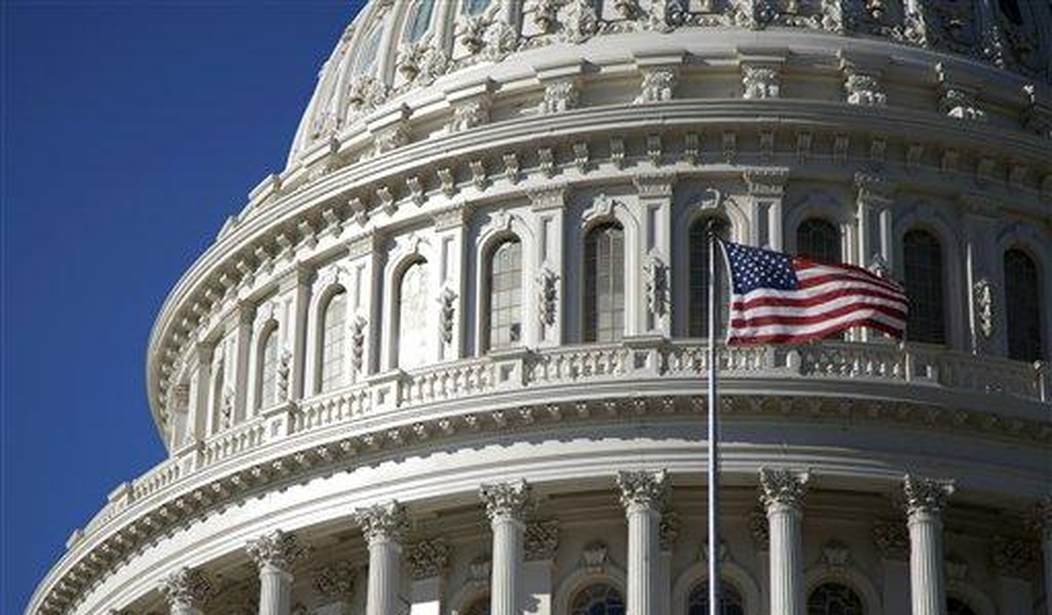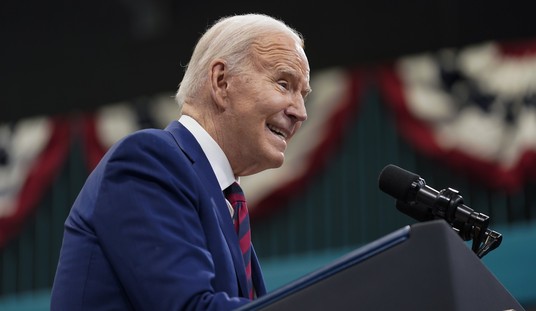A policy question these days that has befuddled federal lawmakers is why so many millions of people have not returned to the workplace in the post-COVID-19 era. The labor force participation rate among employable adults is near a record low today. There are at least 2 million to 4 million employable adults who could and should be working but aren't.
Very few people with even minimal skills can credibly say they can't find a job. Employers report some 10 million job openings. Small business owners say their biggest problem is finding competent workers. There are many explanations for why so many people aren't working -- fear of COVID-19, the skills mismatch, more people taking early retirement, and so on. But a major factor is that the federal government is back to doing what it did in the 1970s and 1980s. The welfare state today is paying people not to work -- even a single hour.
That problem went away in the 1990s after many states, such as Wisconsin and Michigan, began reforming their welfare systems with work requirements. Then-House Speaker Newt Gingrich (R-GA) and the Republican Congress in 1996 passed a historic bipartisan welfare reform bill that President Bill Clinton signed into law.
That law required able-bodied welfare recipients to be in a job or training/education program to qualify for welfare assistance. It also placed time limits on welfare so it would not become a way of life.
Few laws in the last half-century have had such stunning success. Here is a quick summary of the impact, as reported by Brookings Institution welfare expert Ron Haskins:
Recommended
No. 1: Caseloads declined by 60%, and the number of welfare recipients fell to its lowest level since 1969.
No. 2: Between 60% and 70% of those leaving welfare got a job.
No. 3: The child poverty rate fell every year between 1994 and 2000 because parents were working.
No. 4: The federal government saved more than $50 billion (almost $100 billion in today's dollars).
Despite these stunning successes, President Joe Biden eviscerated all work requirements during COVID-19, and they haven't returned. The House Ways and Means Committee reports that less than half of Americans collecting welfare benefits today are working. The Biden administration opposes work requirements.
Why? Do they want to make people dependent on the government?
Getting welfare recipients back into the labor force is good for the economy and will reduce government debt. But a pro-work policy is good for those who escape welfare dependency.
Every study shows that having a job is highly associated with better health, longer life expectancy, happiness, and improvements in family conditions. Children and spouses of someone who is working are better off.
There is dignity and a sense of self-worth from working.
America is a rich nation, and we should absolutely have a safety net so that those who fall on tough times, lose a job or become disabled -- and that happens to almost all of us at some point in our lives -- do not go hungry or homeless or suffer from deprivation.
But welfare is supposed to be temporary and a hand-up, not a handout. The goal of welfare was to end poverty, not perpetuate it.
House Ways and Means Committee Chair Jason Smith (R-MO) said that restoring work for welfare requirements is "a top priority" of his panel. It should be a top priority for our country. Let's make work, not welfare, pay.

























Join the conversation as a VIP Member